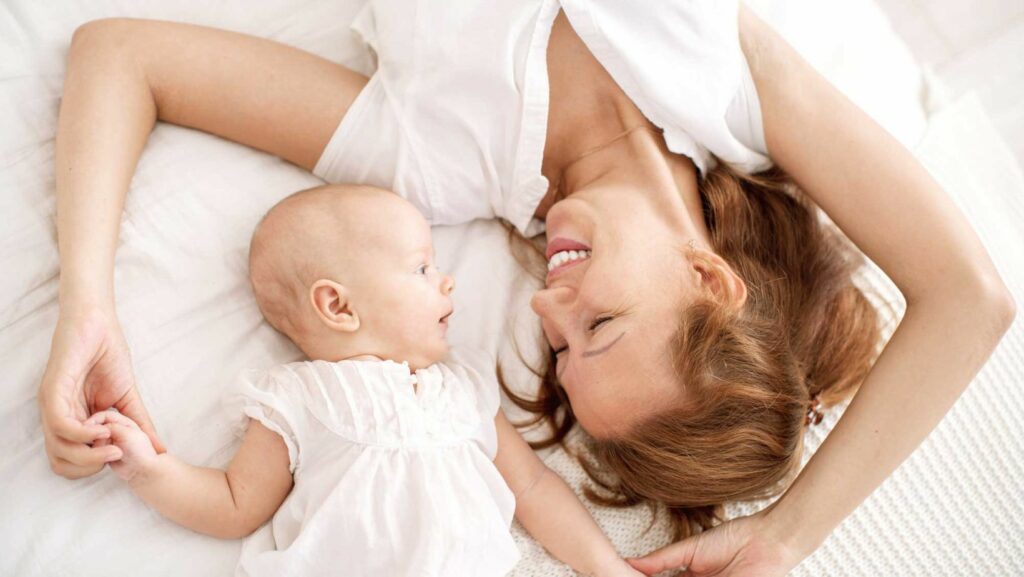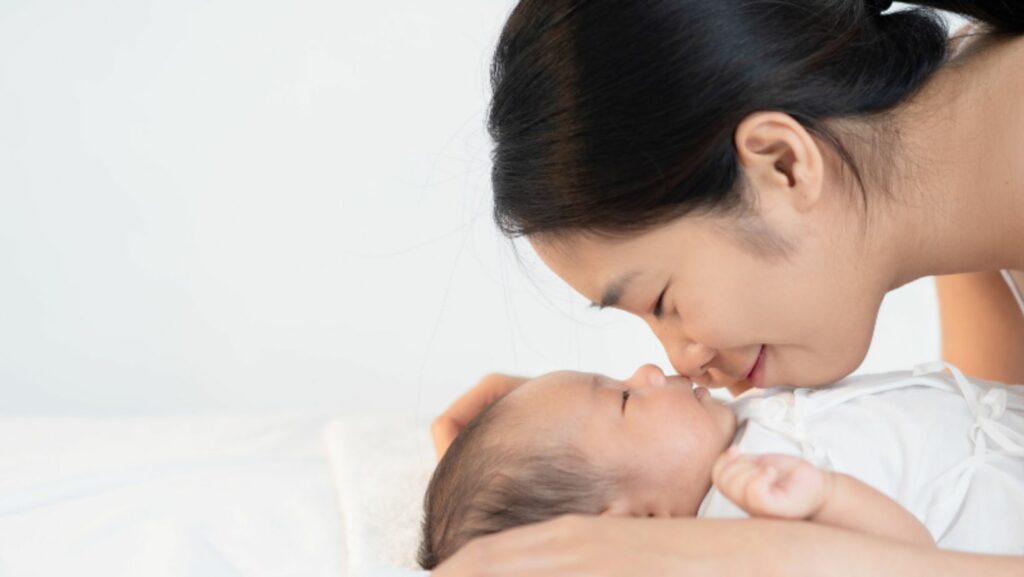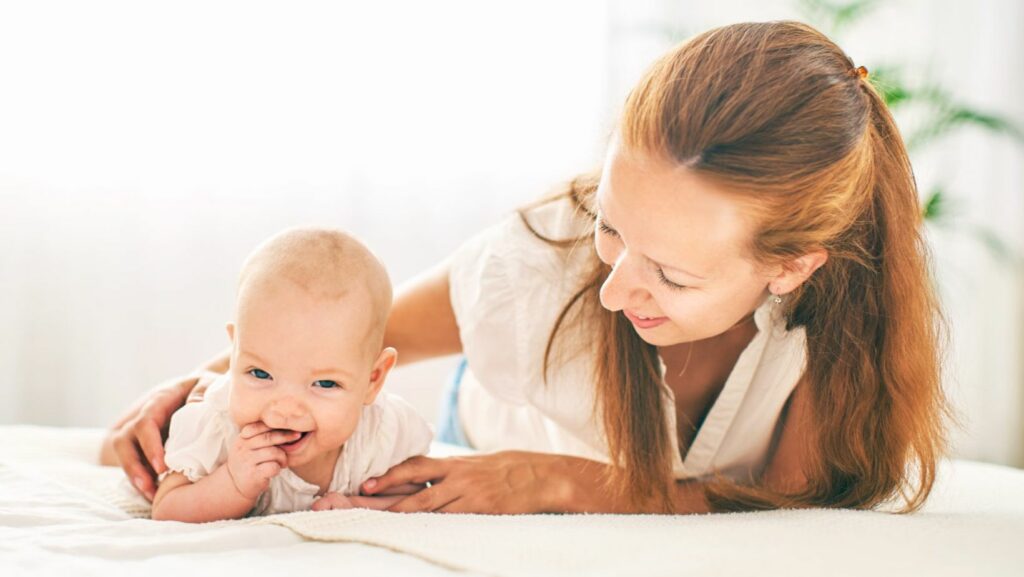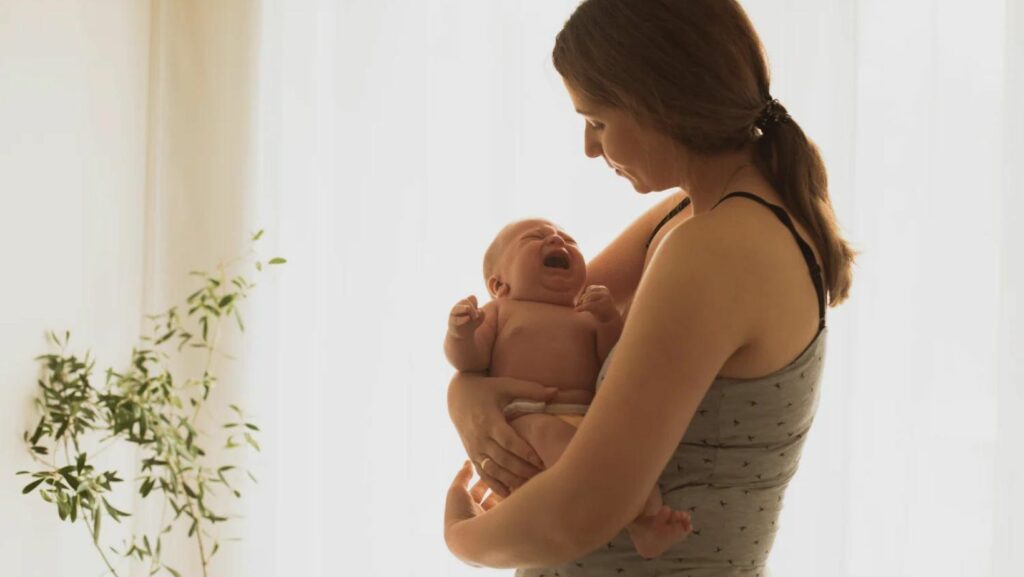Postpartum Hair Loss Vitamins
As we delve into the topic of postpartum hair loss, many new mothers may find themselves experiencing a common yet concerning issue. When searching for solutions, vitamins often come into the spotlight as potential remedies. Postpartum hair loss vitamins are frequently discussed in the realm of postnatal care, aiming to support hair regrowth and overall hair health after giving birth.

Navigating through the vast array of vitamin options can be overwhelming for individuals seeking relief from postpartum hair loss vitamins. Understanding which vitamins are beneficial and how they contribute to combating this issue is crucial. From biotin to vitamin D, each vitamin plays a unique role in promoting healthy hair growth during the postpartum period.
In my exploration of postpartum hair loss vitamins, I’ll delve into the science behind these supplements, their effectiveness in addressing hair loss, and any additional factors that new mothers should consider when incorporating them into their postnatal routine. By shedding light on this topic, I aim to provide valuable insights for those navigating through this challenging phase of postpartum recovery.
Understanding Postpartum Hair Loss
Postpartum hair loss, also known as postpartum alopecia, is a common occurrence that many new mothers experience after giving birth. It can be alarming to see clumps of hair falling out, but it’s typically a temporary and natural process. During pregnancy, elevated hormone levels can prolong the growth phase of hair, resulting in thicker locks. However, after childbirth, hormone levels drop rapidly, causing a higher percentage of hairs to enter the shedding phase simultaneously.

Key Points:
- Natural Phenomenon: Postpartum hair loss is a natural phenomenon due to hormonal fluctuations after pregnancy.
- Timing: Hair shedding usually peaks around 3-4 months post-delivery but can occur up to a year later.
As a new mother myself, I remember feeling anxious when I noticed more hair in my brush or shower drain. It’s essential for women experiencing postpartum hair loss to understand that this process is part of the body’s adjustment after giving birth.
Facts and Figures:
| Fact | Statistic |
| Percentage of New Mothers Affected | 40-50% |
| Maximum Shedding Time Frame | 6 months postpartum |
Hair thinning or bald patches may be distressing; however, most women will notice regrowth within several months as their hormones stabilize. While there isn’t a guaranteed way to prevent postpartum hair loss entirely, certain vitamins and supplements have shown potential benefits in supporting overall hair health during this transitional period.
Remember not to panic if you’re going through postpartum alopecia – it’s likely temporary. Consulting with healthcare professionals or dermatologists for personalized advice on managing postpartum hair loss can provide reassurance and guidance tailored to your specific needs and concerns.
Key Nutrients to Combat Postpartum Hair Loss
When it comes to combating postpartum hair loss, focusing on key nutrients is essential. Here are some vital elements that can help promote healthy hair growth during this transitional period:

Biotin
- Role: Known as Vitamin B7, biotin plays a crucial role in maintaining healthy hair, skin, and nails.
- Sources: Found in foods like eggs, nuts, seeds, and leafy greens.
- Benefits: Supports the infrastructure of keratin (a protein that makes up hair) and aids in overall hair health.
Iron
- Importance: Iron deficiency is a common cause of hair loss; ensuring adequate iron levels postpartum is vital.
- Food Sources: Include red meat, lentils, spinach, and fortified cereals in your diet.
- Impact: Iron helps carry oxygen to hair follicles, promoting growth and strength.
Omega-3 Fatty Acids
- Function: Omega-3s nourish the scalp and support hair density.
- Food Choices: Incorporate fatty fish like salmon, chia seeds, and walnuts into meals for a boost.
- Effectiveness: Helps reduce inflammation on the scalp which can contribute to healthier hair.
Vitamin D
- Significance: Vitamin D receptors play a role in hair follicle cycling; low levels can lead to increased shedding.
- Sources: Get natural sunlight exposure or consume vitamin D-fortified foods such as milk or yogurt.
- Support: Promotes the creation of new follicles while maintaining existing ones.
By incorporating these essential nutrients into your diet after childbirth, you can help combat postpartum hair loss effectively. Remember to consult with healthcare professionals before making significant dietary changes. Prioritizing these key elements can contribute significantly to nurturing your strands back to health during this sensitive time.

